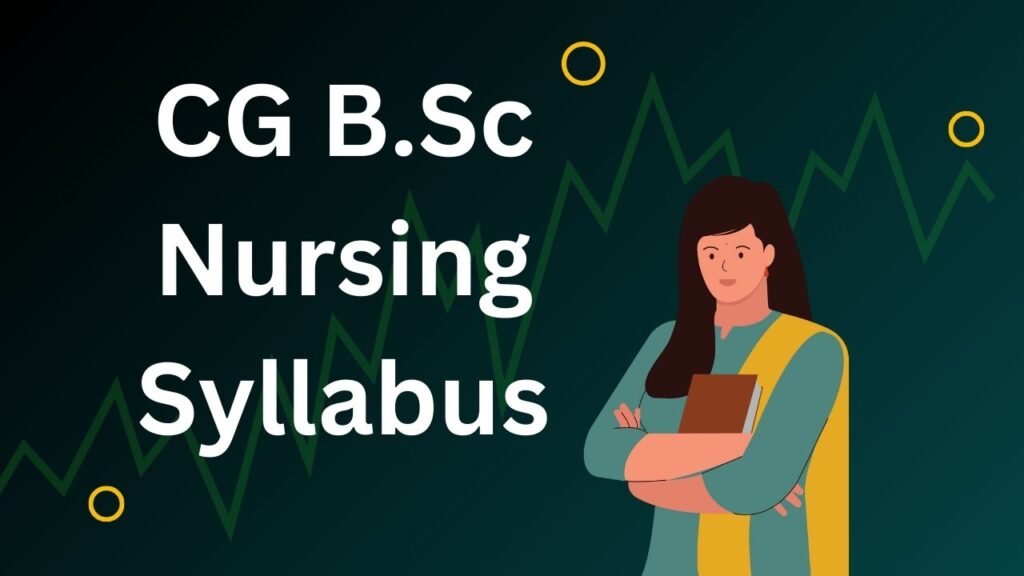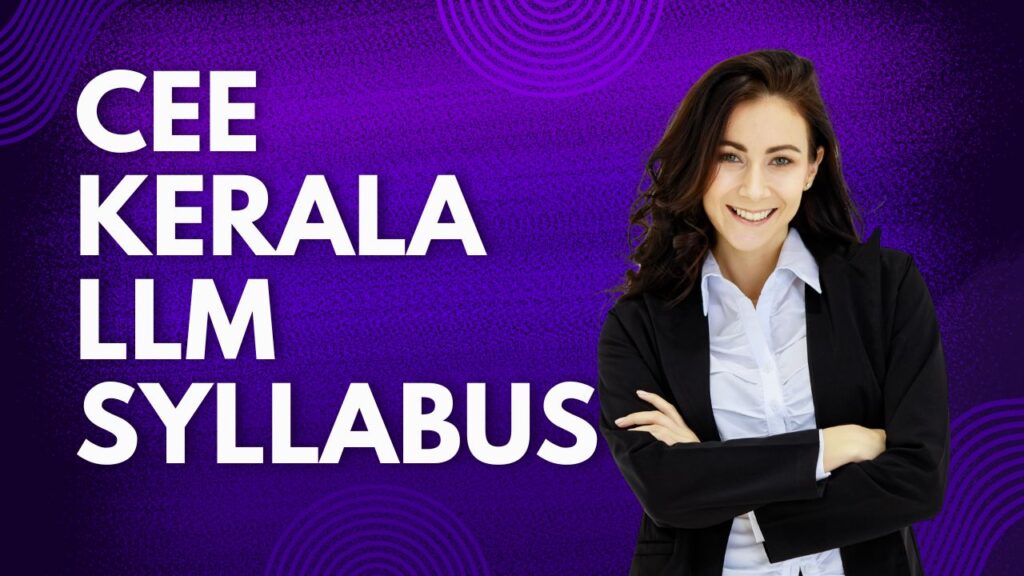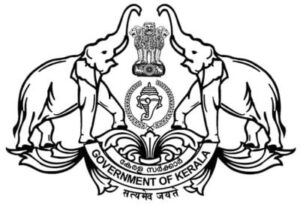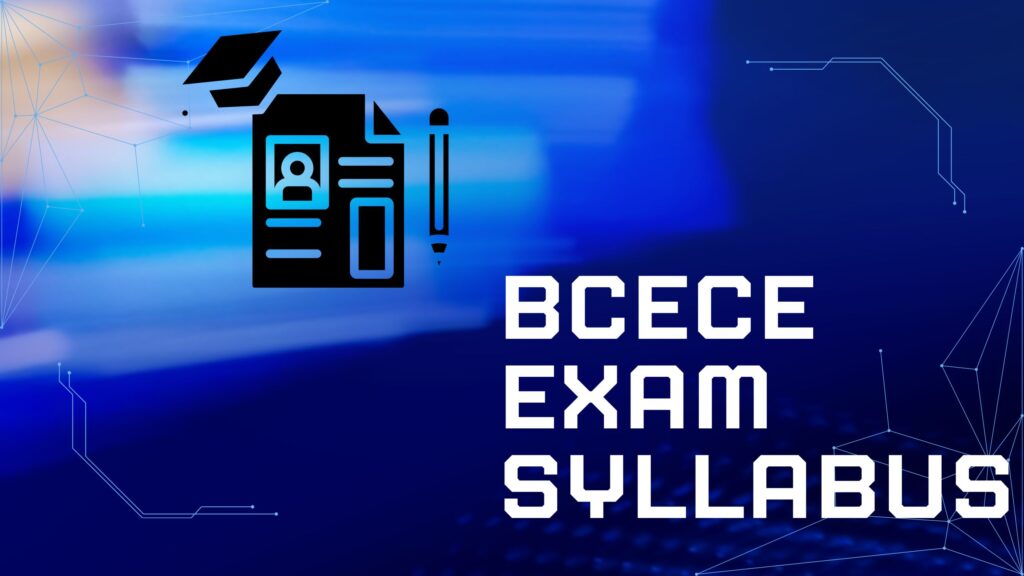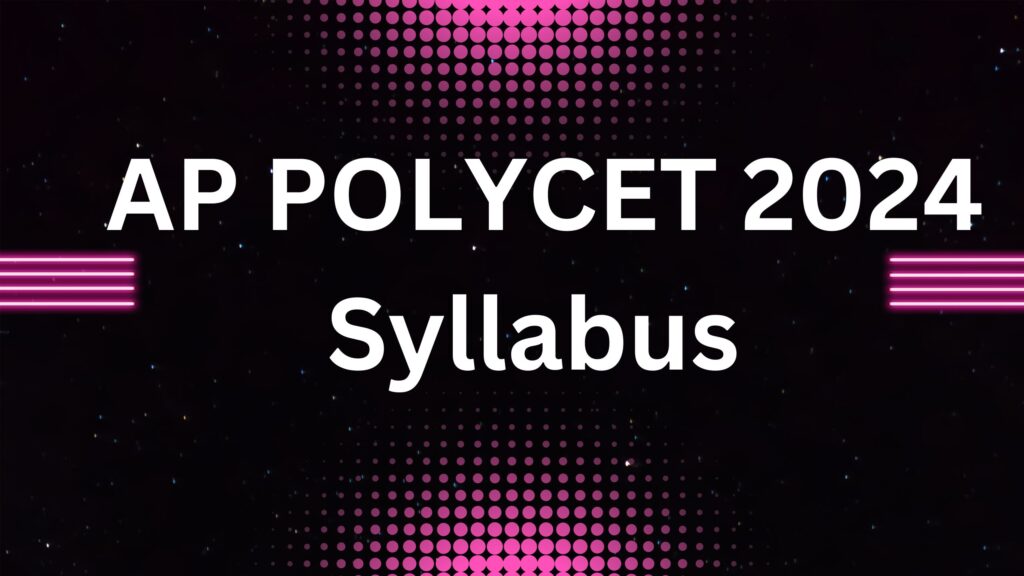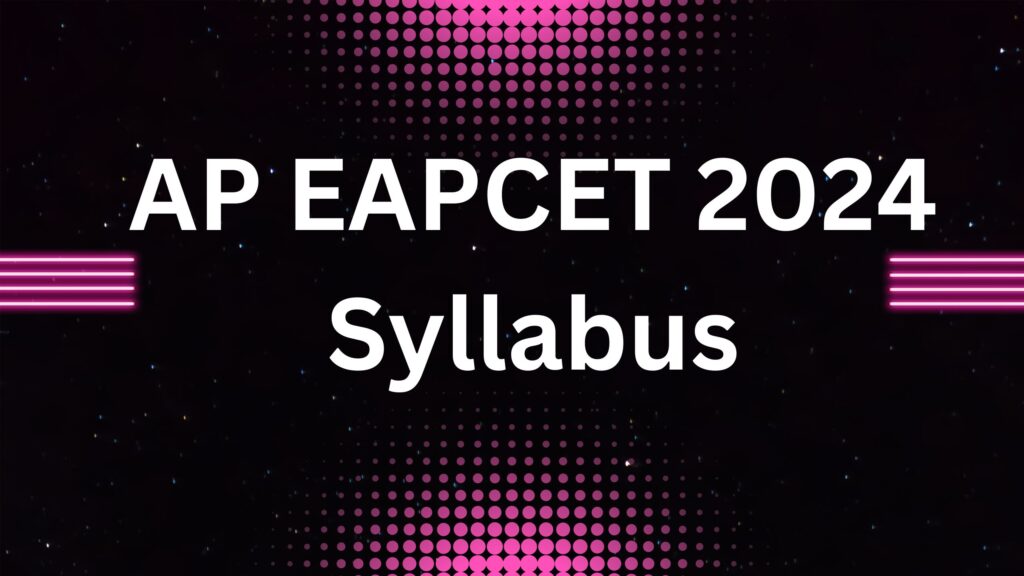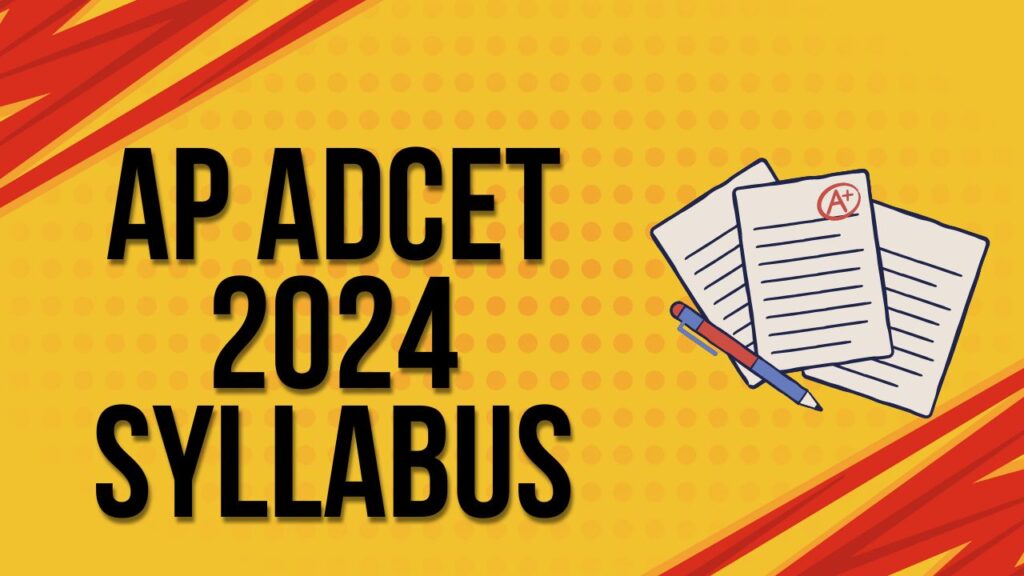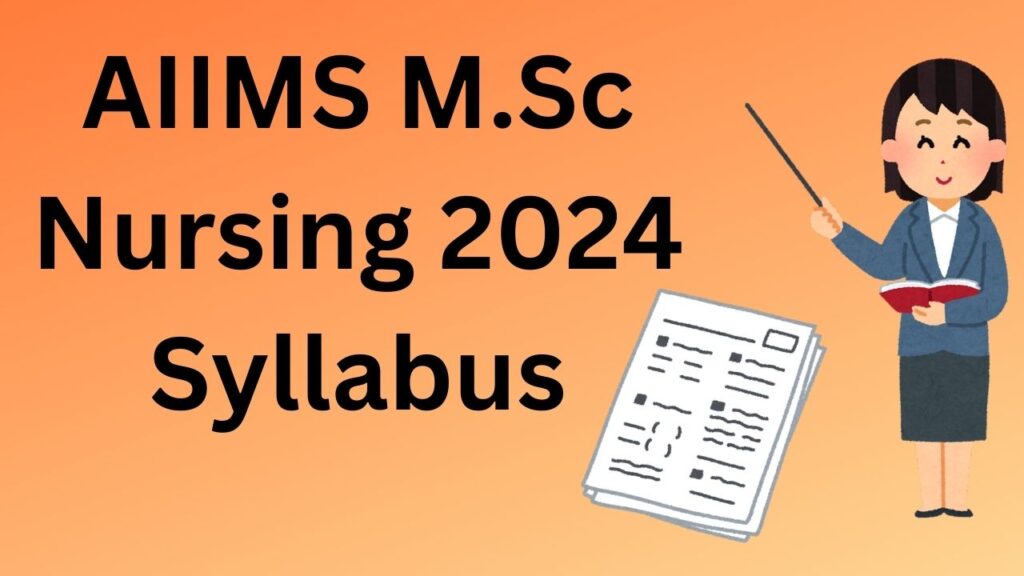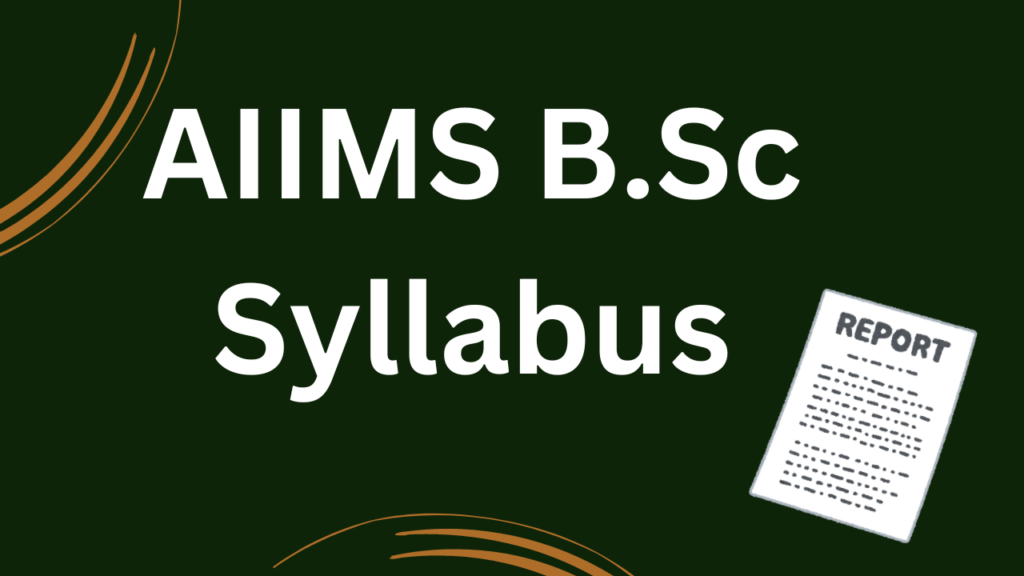CG B.Sc Nursing Syllabus-CG B.Sc Nursing Syllabus Download PDF
CG B.Sc Nursing Syllabus
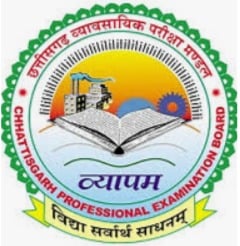
CG B.Sc Nursing Syllabus
The Chhattisgarh Bachelor of Science in Nursing (CG B.Sc Nursing) school is meant to get people ready for a job as a nurse. This tough program covers a lot of different topics and gives students a lot of hands-on training to make sure they are ready for the demands of the healthcare field. For students to do well in their studies and practise, they need to understand the full timetable.
Overview of the CG B.Sc Nursing Program
The CG B.Sc. Nursing program is set up so that students get a good mix of academic information and practical experience. The school lasts for four years and covers both general and specialised nursing topics.
First Year
The first year of the CG B.Sc Nursing program focuses on foundational subjects that build the base for advanced nursing education. The core subjects include:
- Anatomy and Physiology: This subject covers the structure and function of the human body. Topics include cellular structure, organ systems, and physiological processes.
- Nutrition and Dietetics: Students learn about the principles of nutrition, dietary requirements, and the role of nutrition in health and disease.
- Microbiology: This course introduces the study of microorganisms, their impact on human health, and principles of infection control.
- Fundamentals of Nursing: This includes basic nursing skills, patient care, hygiene, and safety protocols.
- Psychology: An overview of psychological theories and practices that influence patient care and behavior.
- Sociology: Understanding societal structures, cultural norms, and their impact on health and nursing practices.
Second Year
In the second year, the focus shifts to more advanced subjects and clinical practice. Key areas of study include:
- Medical-Surgical Nursing I: Introduction to medical-surgical nursing practices, including common diseases, diagnostics, and treatment options.
- Pharmacology: This subject covers the principles of drug action, medication administration, and pharmacokinetics.
- Nursing Foundation II: Advanced nursing skills, including emergency care, advanced patient assessment, and specialized techniques.
- Community Health Nursing I: Focus on community health practices, preventive measures, and health education in community settings.
- Nursing Research and Statistics: Introduction to research methods, data analysis, and application of research findings in nursing practice.
Third Year
The third year emphasizes specialized nursing areas and continued clinical practice. The subjects include:
- Medical-Surgical Nursing II: Advanced concepts in medical-surgical nursing, including complex diseases and specialized care techniques.
- Pediatric Nursing: Focus on the care of children, including growth and development, pediatric diseases, and family-centered care.
- Obstetric and Gynecological Nursing: Study of maternal and newborn care, including prenatal, intranatal, and postnatal care.
- Mental Health Nursing: Introduction to mental health disorders, therapeutic communication, and psychiatric nursing interventions.
- Community Health Nursing II: Advanced community health concepts, including epidemiology, public health issues, and community-based interventions.
Fourth Year
The final year prepares students for professional practice with a focus on comprehensive nursing care and leadership. Core subjects include:
- Advanced Medical-Surgical Nursing: In-depth study of complex medical-surgical conditions and advanced nursing interventions.
- Nursing Management and Administration: Principles of nursing management, leadership, and administrative practices in healthcare settings.
- Ethics and Professional Issues: Understanding ethical considerations, legal issues, and professional standards in nursing practice.
- Internship/Clinical Practice: Extensive hands-on experience in various healthcare settings, allowing students to apply theoretical knowledge in real-world scenarios.
- Dissertation/Project Work: A research project or dissertation that allows students to explore a specific area of interest in nursing and contribute to the body of nursing knowledge.
Practical Training and Clinical Experience
CG B.Sc Nursing Syllabus
The practice experience and hands-on teaching are important parts of the CG B.Sc. Nursing program. Students have to do different kinds of practice training in community health centres, hospitals, and specialised care units. This hands-on experience helps students:
- Apply Theoretical Knowledge: Reinforce classroom learning by applying theories and concepts in real-world settings.
- Develop Clinical Skills: Gain hands-on experience in patient care, medical procedures, and nursing interventions.
- Enhance Professional Competencies: Build communication, teamwork, and leadership skills essential for a successful nursing career.
- Understand Healthcare Environments: Get familiar with different healthcare settings, including primary, secondary, and tertiary care facilities.
Preparation Tips for Success
To excel in the CG B.Sc Nursing program, consider the following preparation tips:
- Understand the Syllabus: Familiarize yourself with the detailed syllabus and plan your study schedule accordingly.
- Engage in Regular Study: Consistent study and revision of subjects are crucial for retaining information and understanding complex concepts.
- Participate in Clinical Rotations: Actively engage in clinical practice and seek opportunities to observe and perform nursing procedures.
- Practice Time Management: Balance theoretical studies with practical training and manage your time effectively to avoid last-minute stress.
- Stay Updated with Advances: Keep yourself informed about the latest developments in nursing and healthcare to enhance your knowledge and skills.
Conclusion
The CG B.Sc. Nursing course covers all aspects of nursing education, combining academic understanding with hands-on training. Students can get ready for a great job as a nurse by knowing the thorough course outline and using good study techniques. The school gives people who want to become nurses the skills and information they need to do well in a variety of healthcare situations and help patients.
CG B.Sc Nursing Syllabus-CG B.Sc Nursing Syllabus Download PDF Read More »

